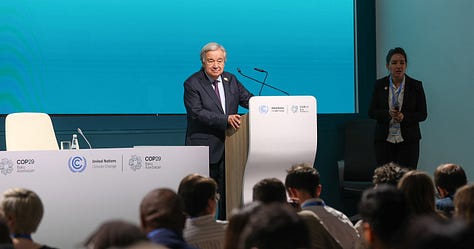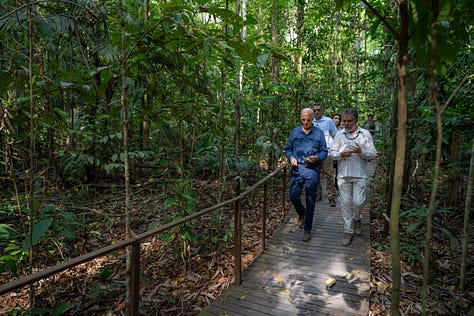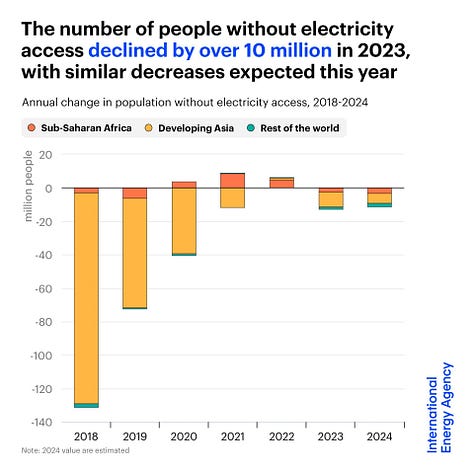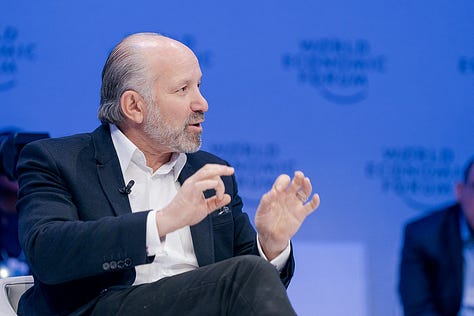Green Lights Nov. 22: Top stories this week
Don't miss a single story from the best of Callaway Climate Insights.






. . . . Welcome back to Green Lights. Here’s our weekly roundup of the best of Callaway Climate Insights. This week, David Callaway surveys the progress (or lack thereof) at COP29, and the G20 meeting, as well as the outlook for COP30. Plus, he weighs in on President-elect Donald Trump’s nomination of Wall Street veteran Howard Lutnick for commerce secretary. Have a great weekend, and please support our great climate finance journalism by subscribing.
. . . . Climate investors and advocates who decided to give COP29 in Azerbaijan a skip this year can rest assured they missed nothing, as the process ground to an inevitable disappointing conclusion this week with no agreement on either financing for poorer countries or a deal to transition away from fossil fuels. David Callaway writes that as we creep toward COP30, investors and entrepreneurs will work to create more efficient and inexpensive renewable energy. It’s a process that’s been going on for a decade now and is yielding results, just not at the geopolitical level and not fast enough.
. . . . Brazil, which hosts COP30 next year in Belem, is already shaping up to be the climate story of 2025, and President Joe Biden becoming the first sitting U.S. president to visit the Amazon Basin this week was an appropriate kickoff ahead of the G20 meeting in Rio. Wars and trade tensions dominated the agenda, but G20 leaders did agree to increase some climate funding.
. . . . . . . . The number of people without electricity access declined by over 10 million in 2023, reaching below 750 million. And improvements are set to continue in 2024, with the population without access set to decline by a similar amount as last year, the International Energy Agency says.
. . . . Suspected sabotage in the severing of two undersea communications cables in the Baltic Sea this week has heightened concerns about a new type of war in Europe, with officials in Finland and Sweden already informing citizens to be prepared for a crisis. Attacks on pipelines, cables, and electric grids would herald a new form of warfare and cause ripple effects across national energy markets.
. . . . President-elect Donald Trump’s nomination of Wall Street veteran Howard Lutnick for commerce secretary might look like a consolation prize for not getting Treasury, but actually it positions Lutnick to have vital control of Trump’s climate agenda, writes David Callaway. Lutnick will have leeway over Trump’s tariff plans as well as control of the weather and climate science agencies that Trump despises.
. . . . Most of the wincing and whining about Trump’s incoming energy czar, North Dakota Gov. Doug Burgum, has been tied to concerns the “drill, baby, drill” brigade will run roughshod over protections to federal lands. But, writes David Callaway, one of the benefits oil and gas companies are really hoping for is a clearing of government backlogs around carbon capture and storage backlogs.
More greenery . . . .
Snowbirds and sunbirds: Climate change is affecting migration patterns (Fast Company)
Athletes weigh in: Climate change threatens their sports and their health (The AP)
Check’s in the mail: Richer countries are starting to pay poorer ones for climate change damages (NPR)
Check your sources: Leveraging artificial intelligence to tackle climate change (Brookings)







